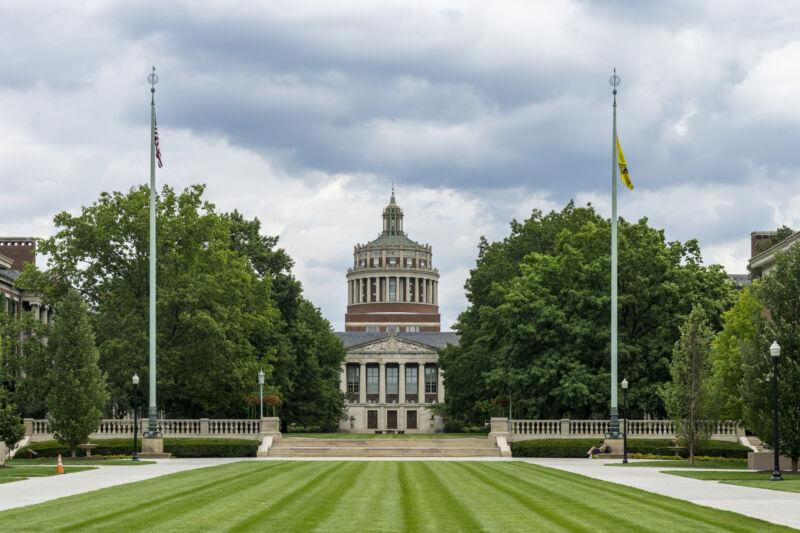Report: Superconductivity researcher found to have committed misconduct
Ars Technica » Scientific Method 2024-03-21

Enlarge / Rush Rhees Library at the University of Rochester. (credit: Kickstand)
We've been following the saga of Ranga Dias since he first burst onto the scene with reports of a high-pressure, room-temperature superconductor, published in Nature in 2020. Even as that paper was being retracted due to concerns about the validity of some of its data, Dias published a second paper claiming a similar breakthrough: a superconductor that works at high temperatures but somewhat lower pressures. Shortly afterward, that got retracted as well.
On Wednesday, the University of Rochester, where Dias is based, announced that it had concluded an investigation into Dias and found that he had committed research misconduct. (The outcome was first reported by The Wall Street Journal.)
The outcome is likely to mean the end of Dias' career, as well as the company he founded to commercialize the supposed breakthroughs. But it's unlikely we'll ever see the full details of the investigation's conclusions.